So that’s the first week of term done so, having shared some start of term thoughts previously, I thought it might also be interesting to share some “1 week down” thoughts from the perspective of a Director of IT.
Manic
The first week of a new term is always rather manic with issues identified as students and staff return to classrooms, plus last minute requests. I think my team saw around 130 calls raised on Monday alone and that doesn’t include student and staff walk ins. The question I often find myself asking is how might we make this period less manic and make things smoother? The problem as I see it is that I am not sure we can ever achieve this. A new academic year brings with it new staff, lots of new students and a period of time where teaching staff and students have been away from school, where things have been forgotten but where technology changes, updates and upgrades have continued unabated. I suppose the one consolation is things quickly calm down and recede towards a more normal level of busy.
Printing

The week started with an issue with our main high volume Multi-Function Device (MFD) at a time when there were lots of booklets and other items in need of printing. Not a great start however was sods law that the unit would fail on day 1. My hat goes off to my colleague in reprographics who ploughed on in the face of the challenge, using the slower units we had to get all that needed done, done.
But this got me thinking, in a world of technology and OneNote should we be seeing print volumes in schools declining. Now my gut reaction to this is yes, clearly we should be seeing volumes declining but this reminded me of last academic year where I saw a massive spike in printing in the last term. The problem with the concept of “paper-less” in schools is simply the fact that the key outcomes continues to be terminal exams conducted in the final term, with the vast majority of these exams being conducted on paper. How can we expect students to go into these exams without having the experience working on paper in the months and years leading up to them? When will the exam boards catch up with technology?
Third Party Software
And printing wasn’t the only challenge to hit on day one. We had some software issues which appear to trace back to a third party changing some of how their platform operates specifically in relation to its Application Programmers Interface (API). The API is the link point which allows us to integrate different solutions such that they work together and share data, etc. In this case the vendor made changes with these changes lacking proper documentation plus being buried in release notes, with these release notes having to be sought out rather than being communicated. The issue didn’t just catch us out, it also caught out at least one software provider who integrated with this vendor.
The challenge here is how much control we have over third party vendors when we might be a single voice in sea of voices, or where this is at least what the vendor uses as an excuse! Additionally there is the risk that as we more tightly integrate a number of different solutions, which is a good thing, we build an over solution which is inherently more complex but therefore more fragile. There is a balance to be reached here I suspect. And as to control and third parties I noted reading something recently which suggests schools use of EdTech solutions puts the responsibility on the schools, however provides the school little power in terms of controlling or guiding the vendor, other than the ability to cease using them.
Cyber and Students
I have the opportunity to speak with our sixth form students across two presentation this week, discussing cyber security with them with particular reference to recent events. My presentation has included mention of the recent Apple vulnerability as well as the alleged TikTok data breach. In asking the students questions regarding cyber security it seems that students are getting better at updating their devices and applications however still continue to make use of common passwords across most internet services, plus don’t commonly enable MFA even when it is available. My hope is that my presentations will have at least convinced some students to improve their cyber habits although this is something I want to work on throughout the year; A single presentation will never do the cyber risk justice.
Running
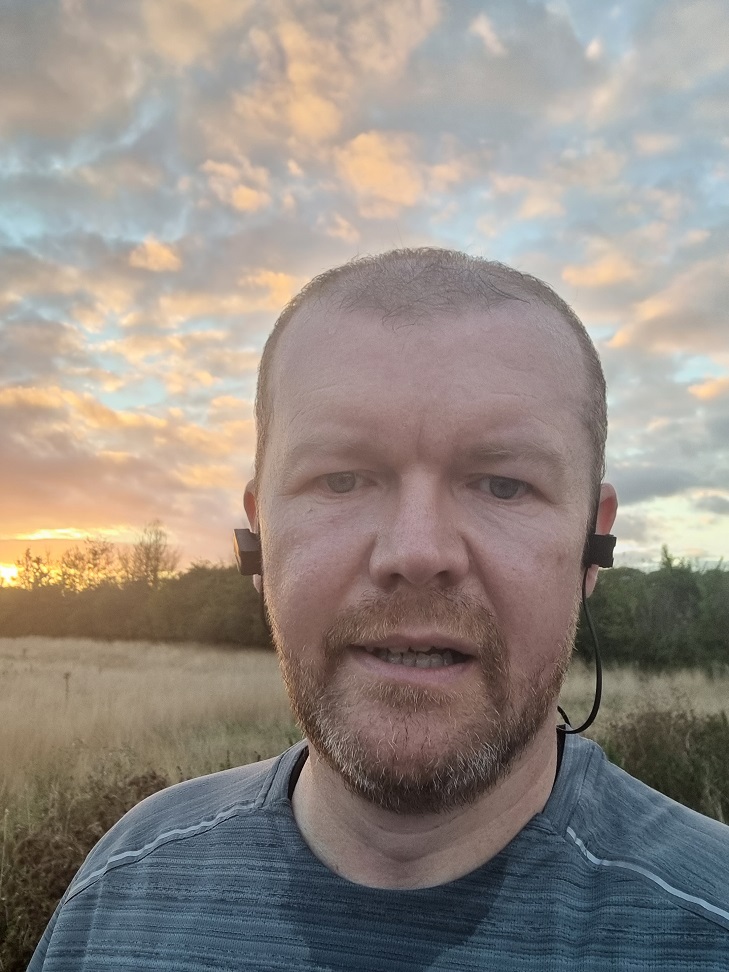
I hadnt done any running during August having achieved 300km across the 3 months of May, June and July. What I failed to consider as I got my running shoes on during this week was the negative impact that a one-month period, such a short period of time, would have had. I really found myself struggling to manage 5km and I certainly wasn’t managing it at any great pace. I quickly found myself having to adjust my expectations, ignoring my progress up to the end of July 2022, and focussing more on where I was now. I suspect it will be a good few weeks or months before I can build back up to where I was including re-establishing the correct habits, etc. This just goes to show how important habits, consistency and resilience can be.
TikTok
Am not sure how many times I have deleted TikTok but once again it has been deleted. During the summer period I had re-installed it, and with each short video I was convinced the value in the video was worth it given the short length of the video. But I failed to consider the cumulative time spent on flicking through the videos. It was eating up time, with this time growing, and I hadnt noticed. It was only with the manic nature of week one that I found myself at home evaluating the amount of time spent (or maybe lost?) on TikTok. So once again I am TikTok free. For now, at least!
Conclusion
It’s been a busy week with a fair few challenges. It has been great to see the campus buzzing again and great to once again be interacting with our students as they go about their school days. Although very busy and a bit stressful as a result, I am confident that things will settle down into their more normal pattern of school life in the comings weeks. As such, I look forward to what the rest of the 2022/23 academic year has to offer.






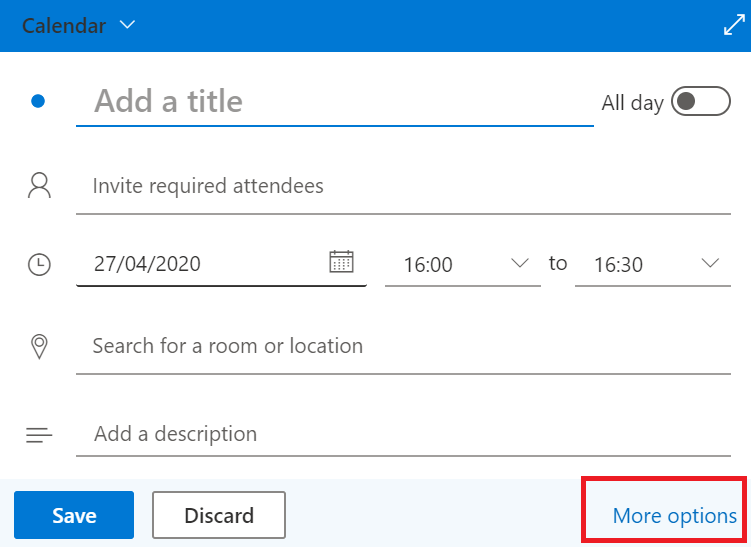
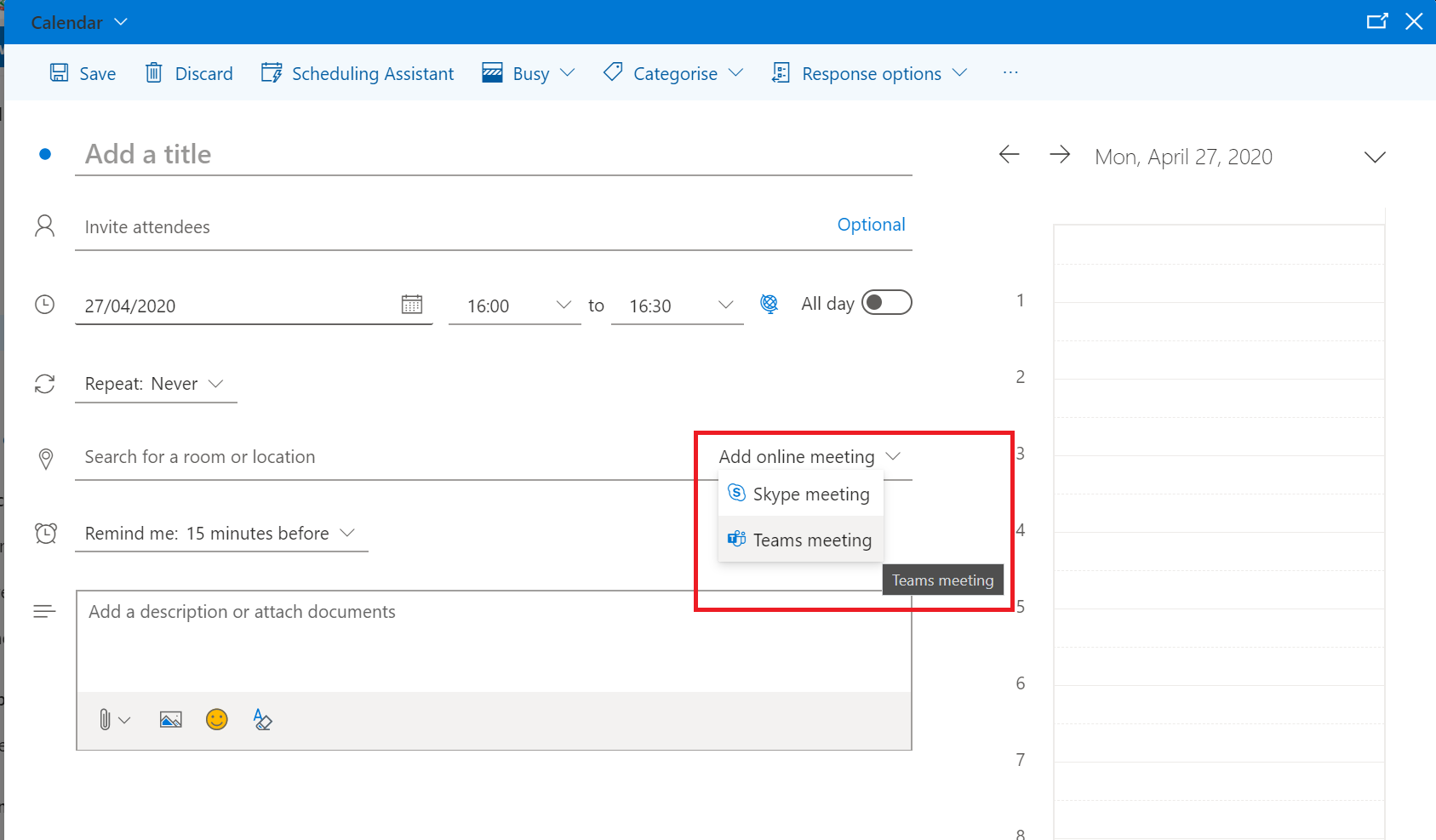
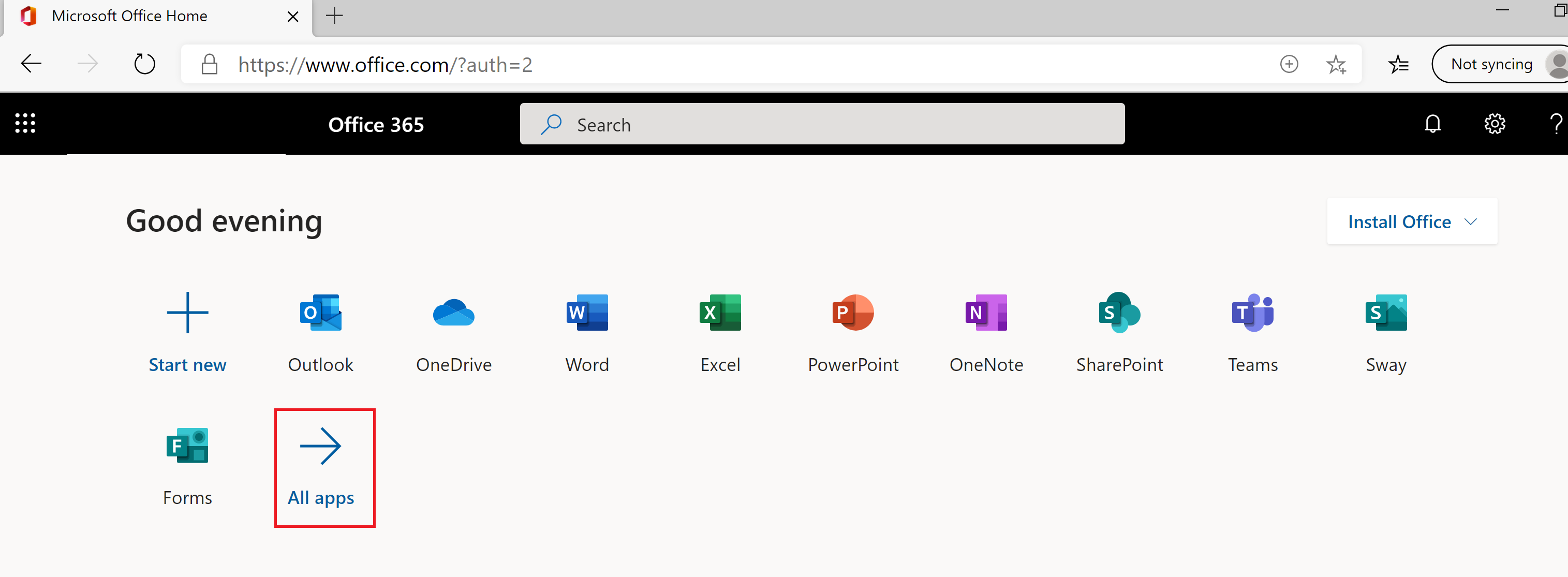
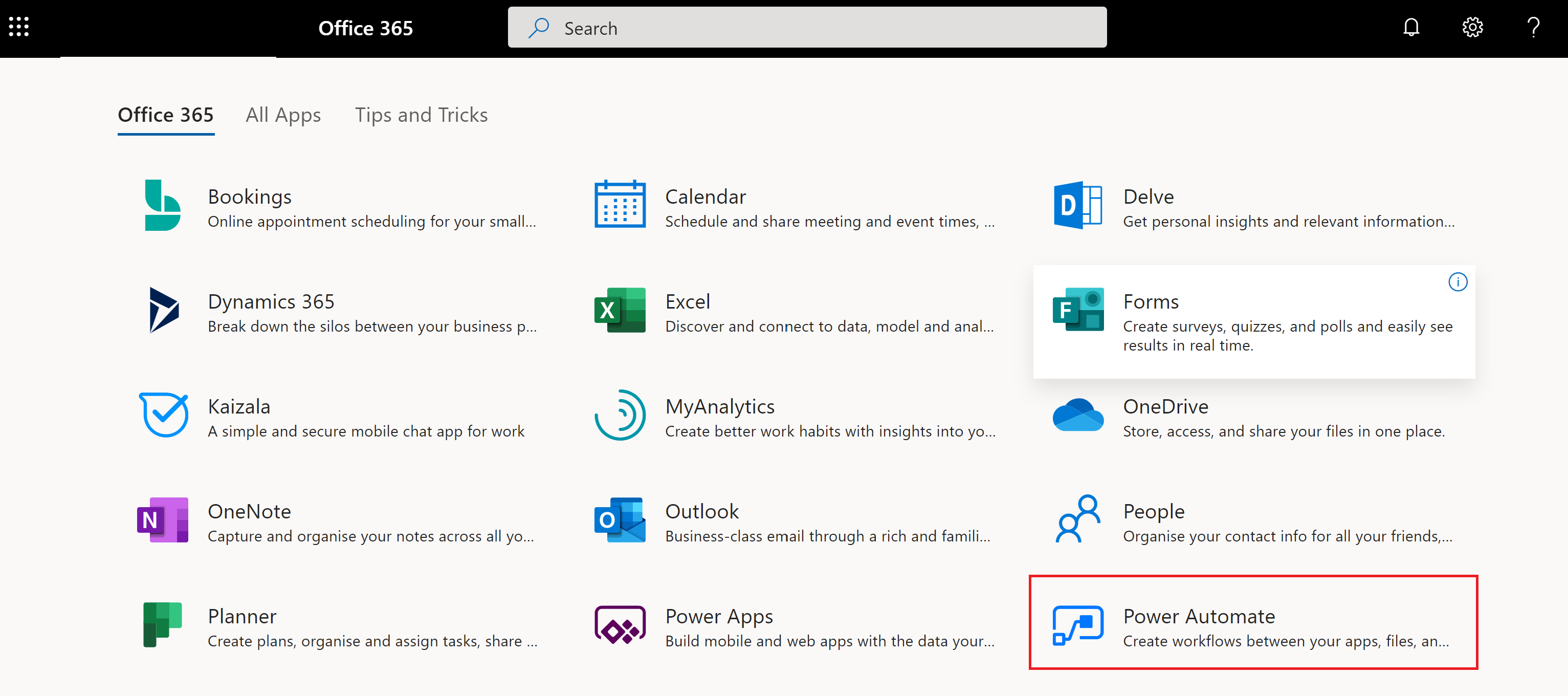
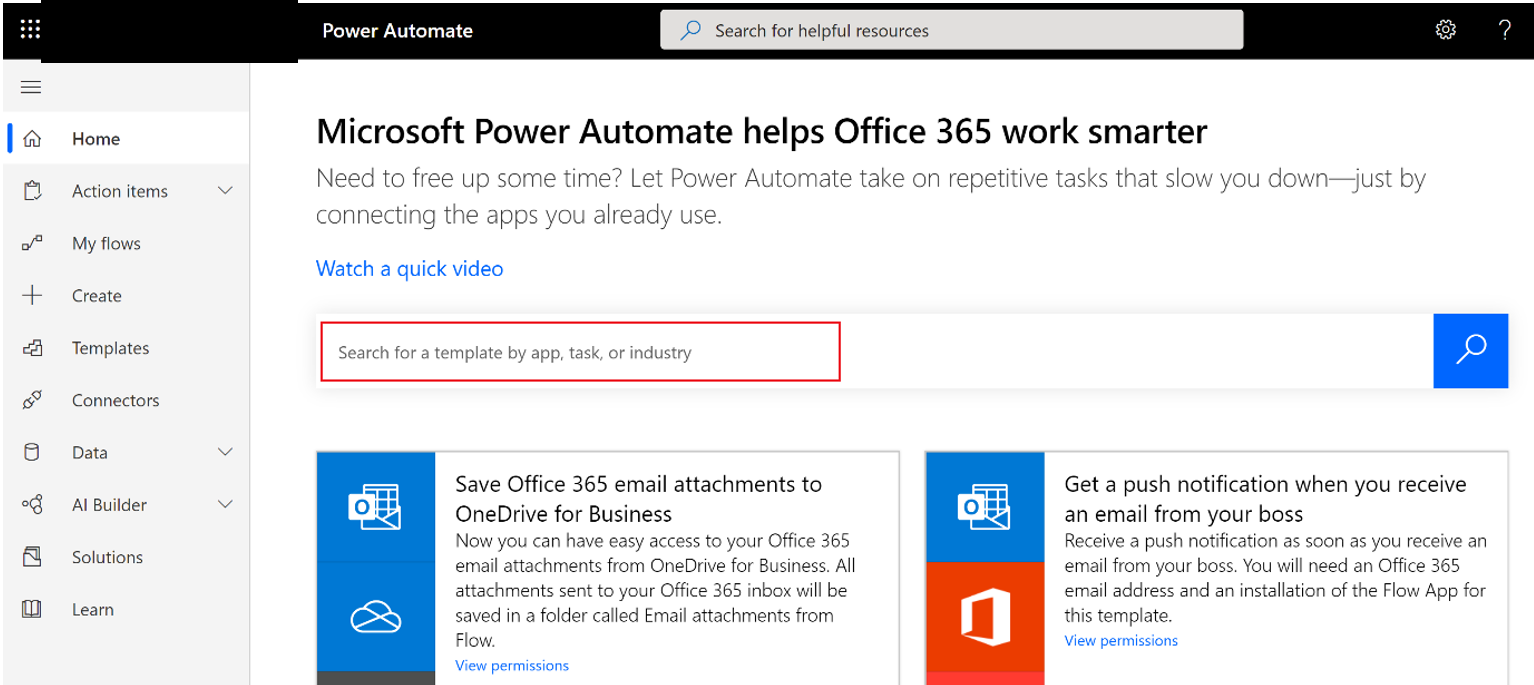
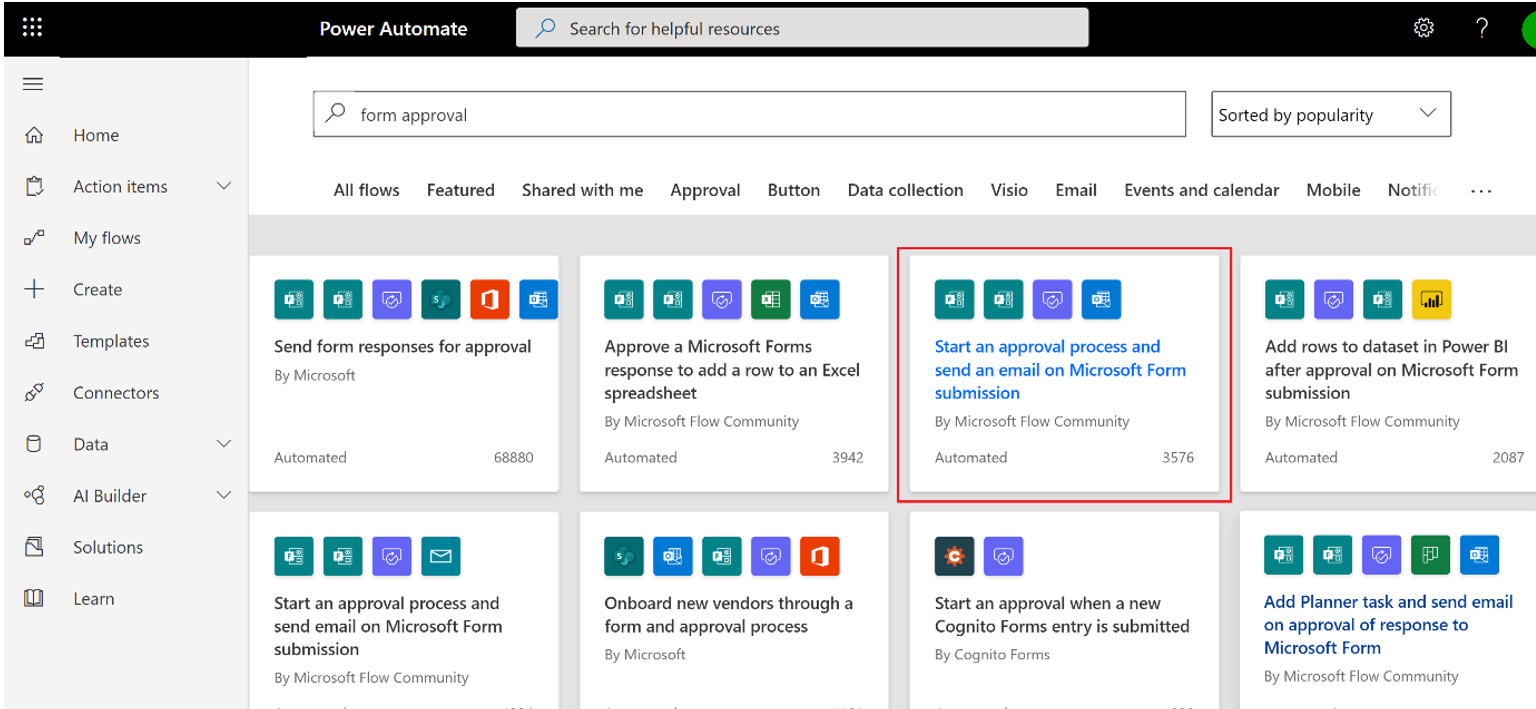
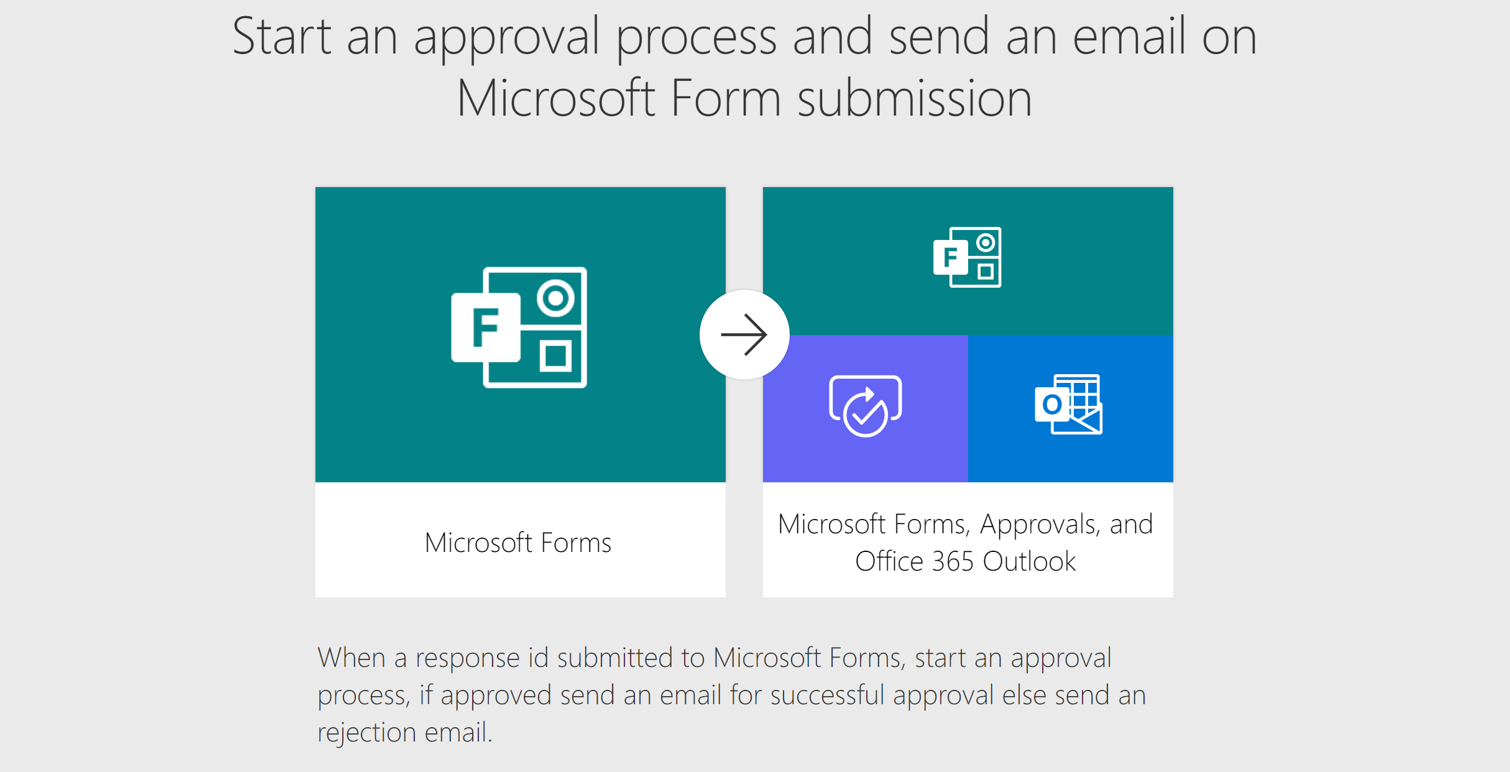
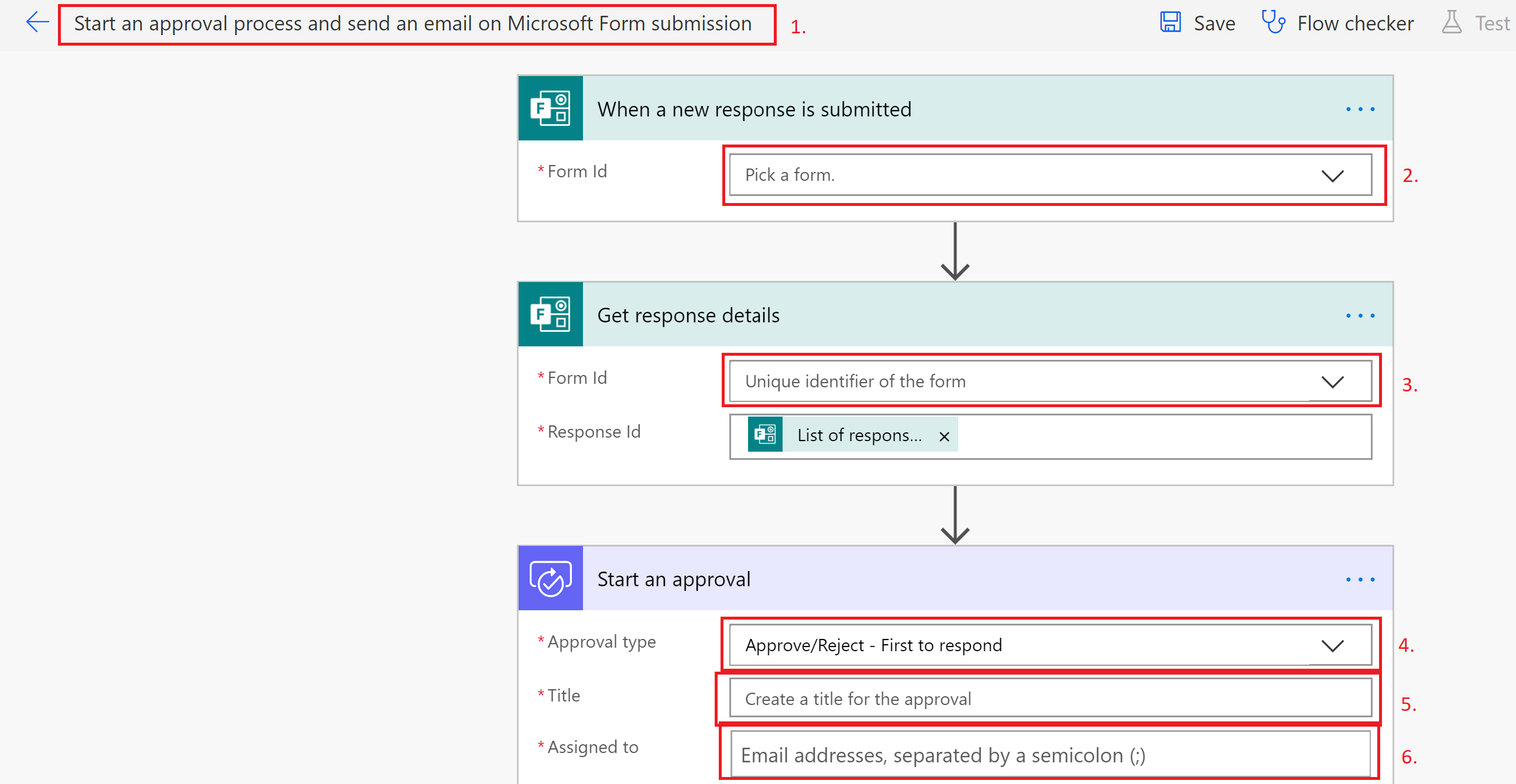
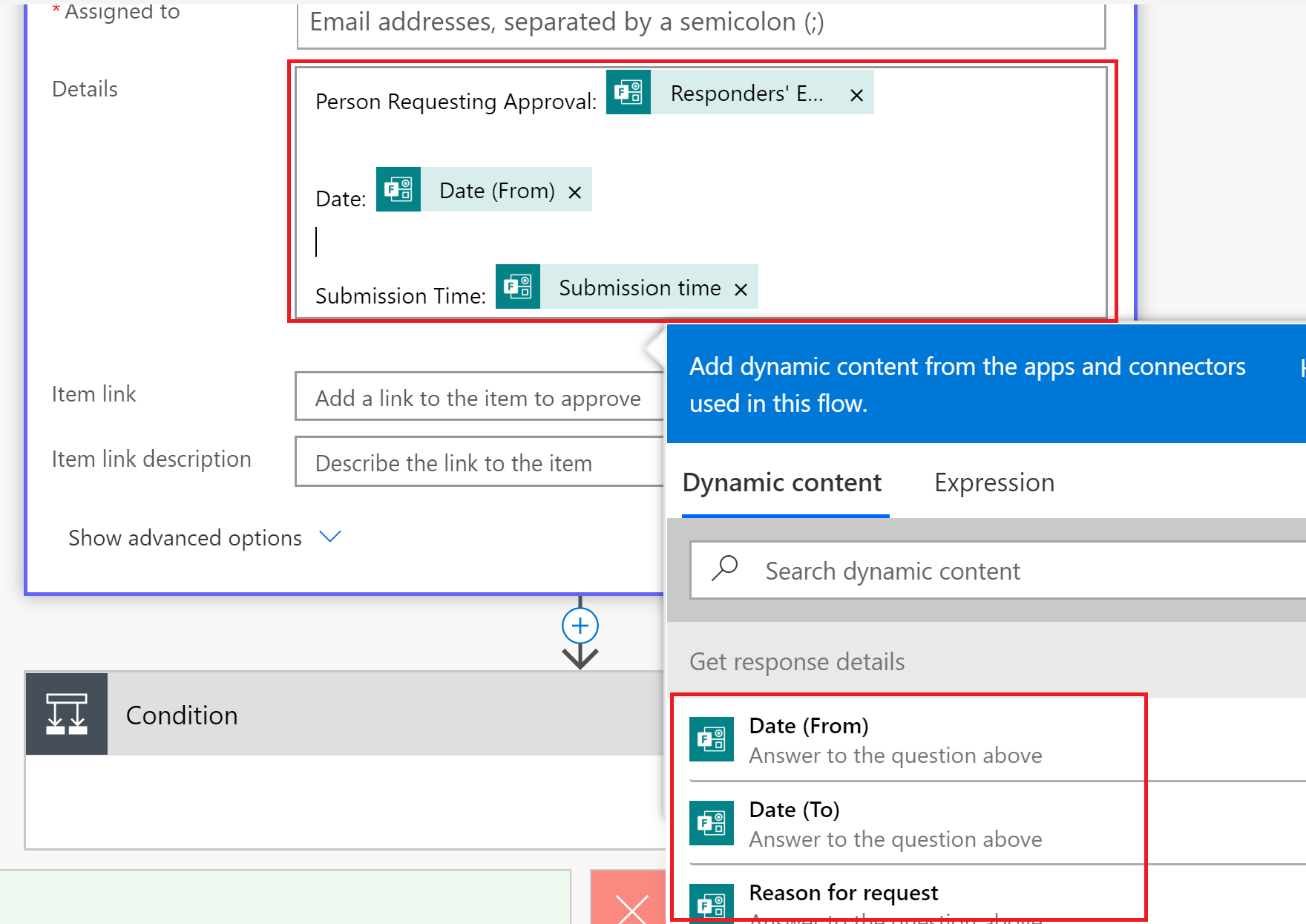
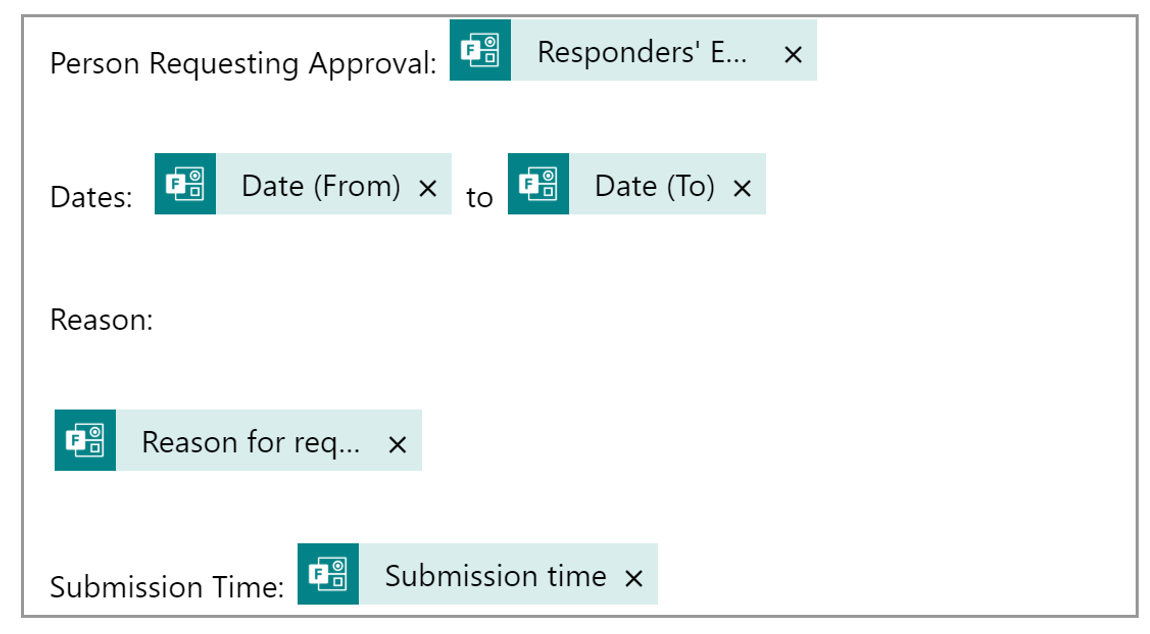
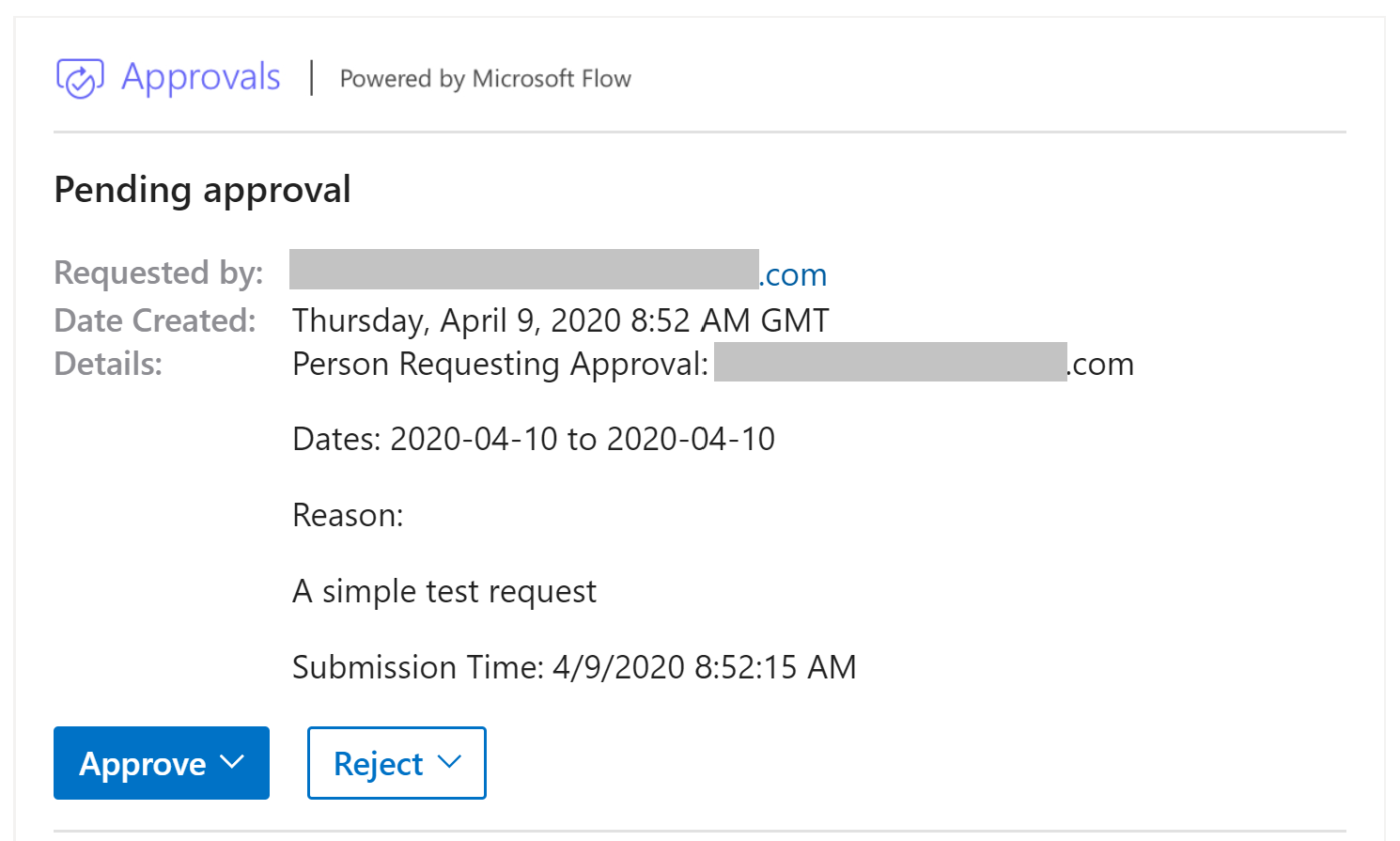
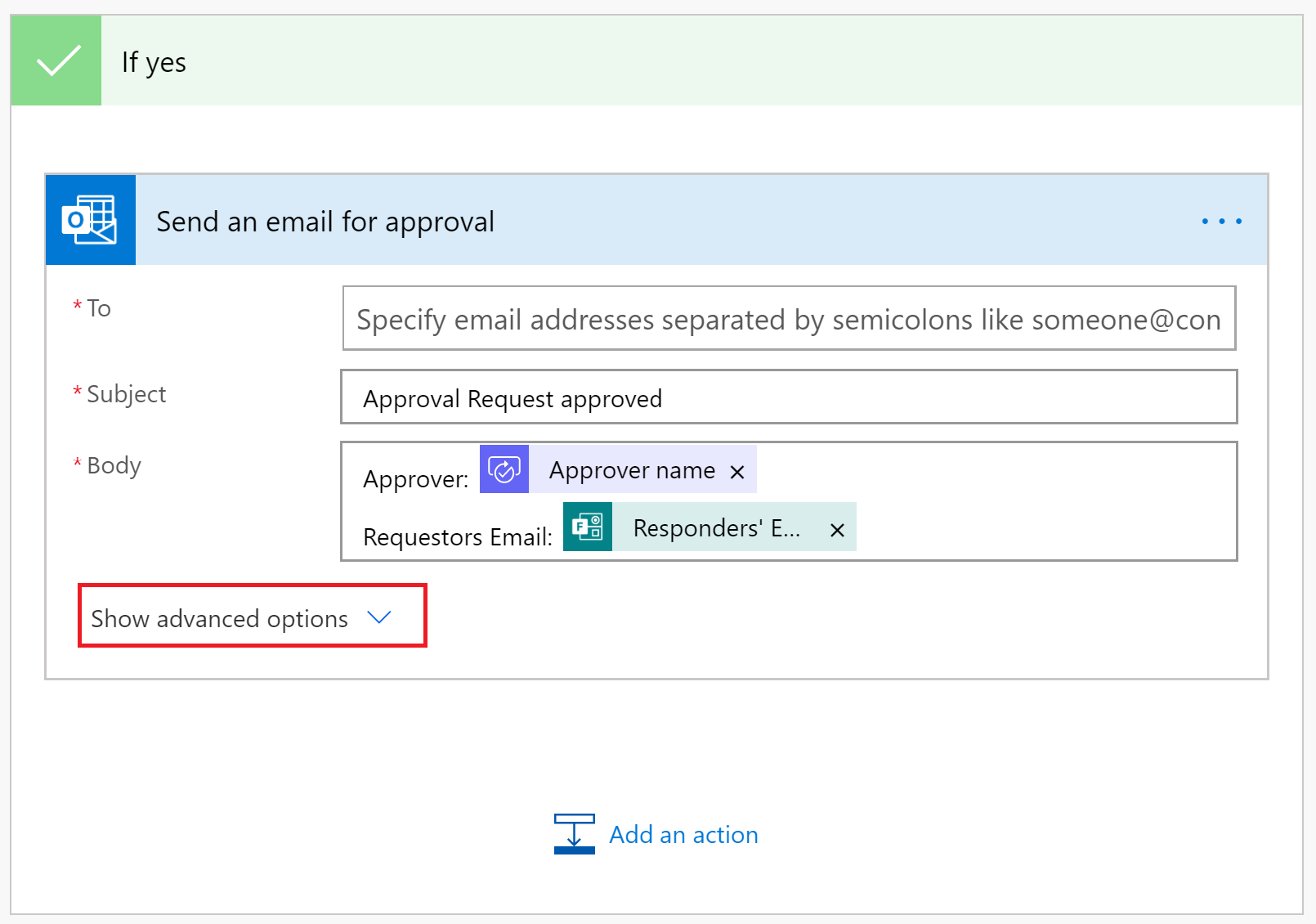
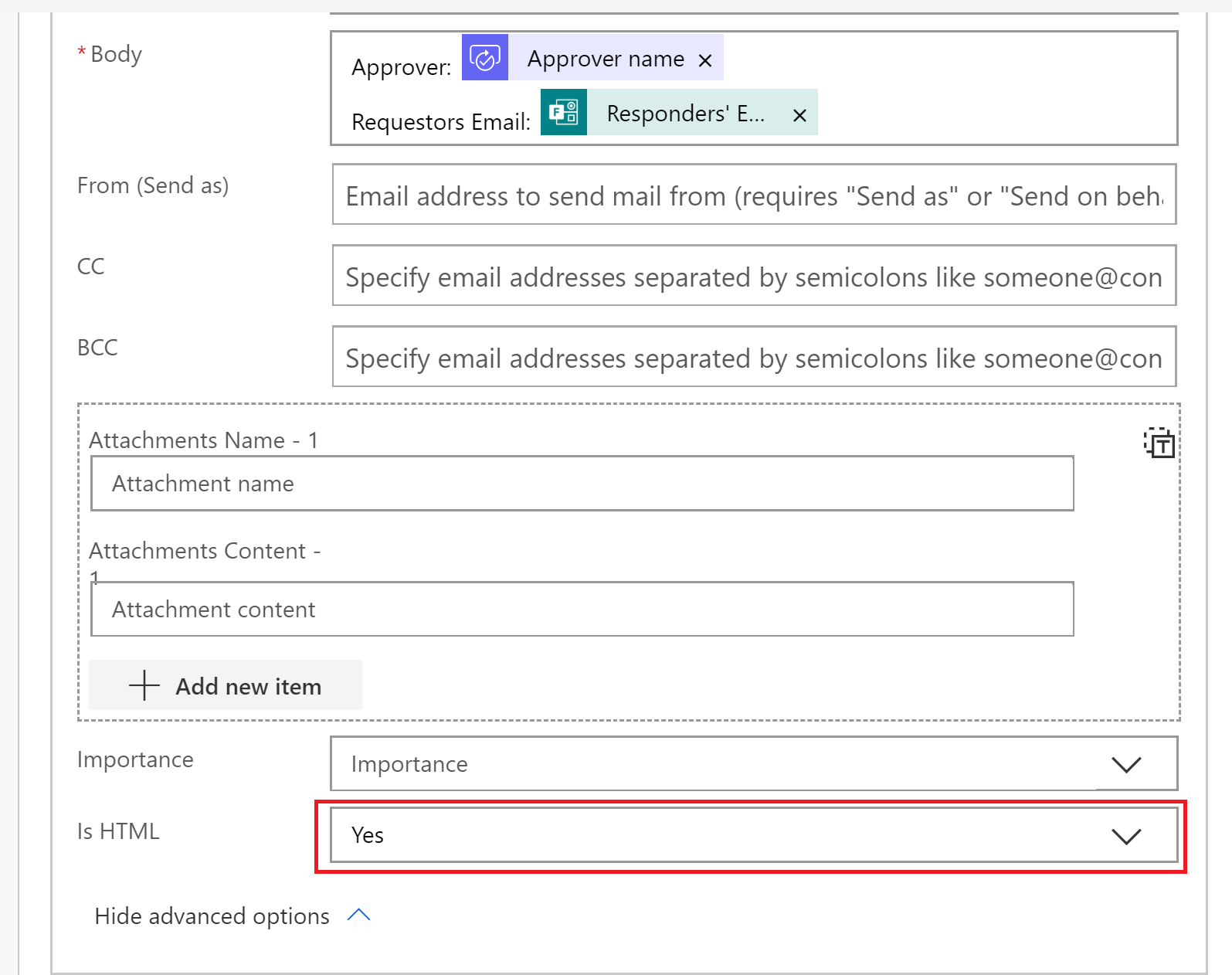
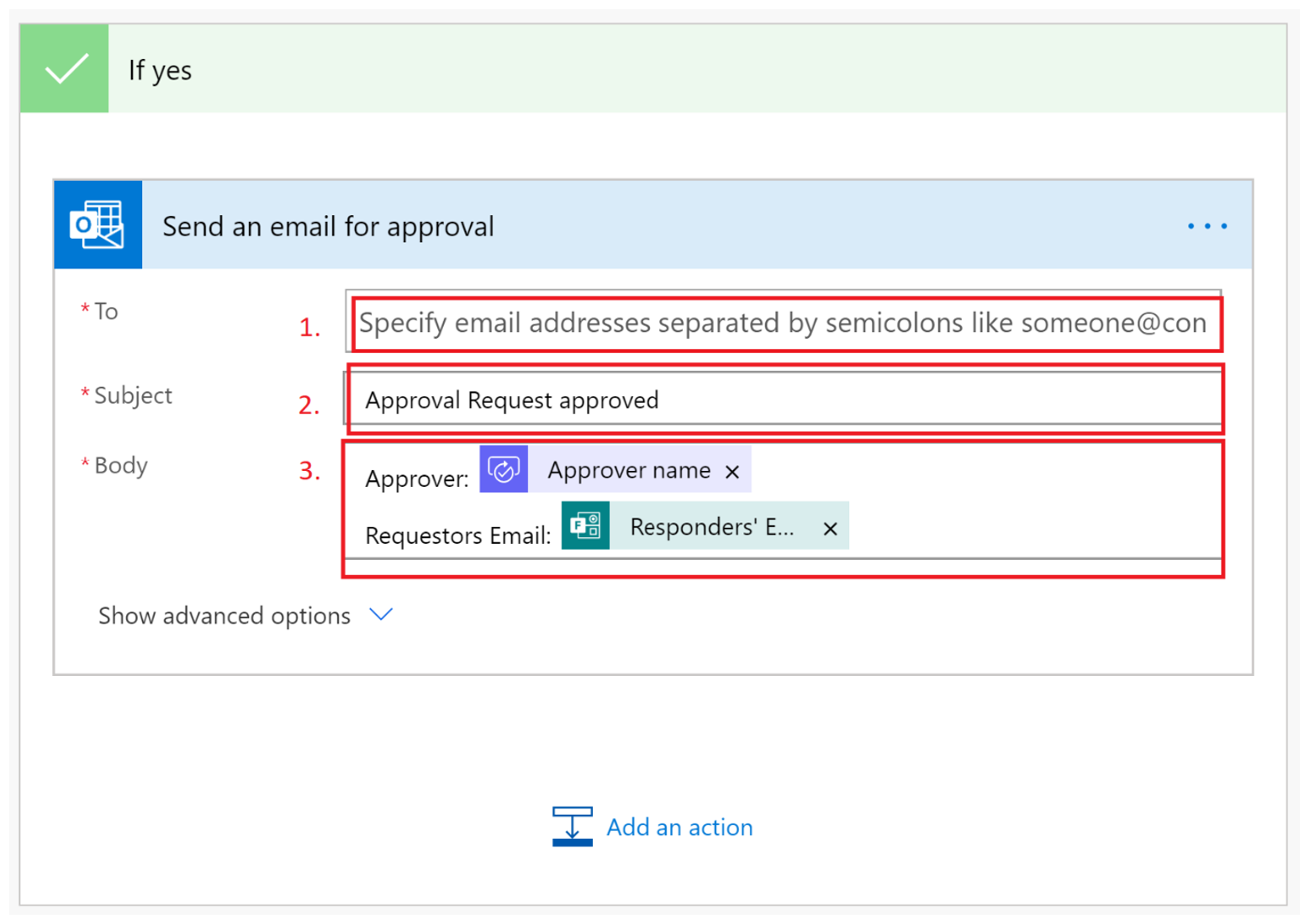
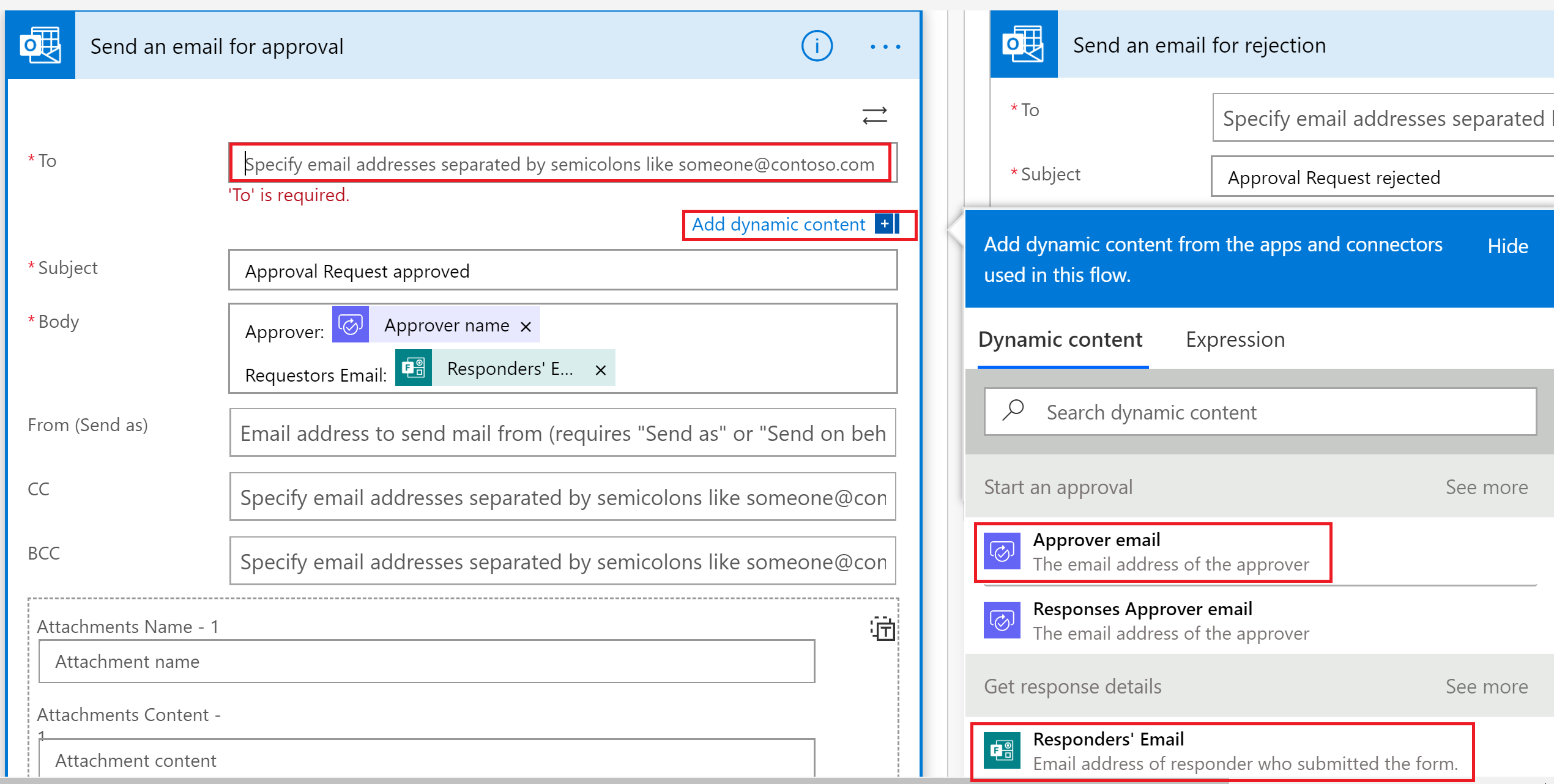
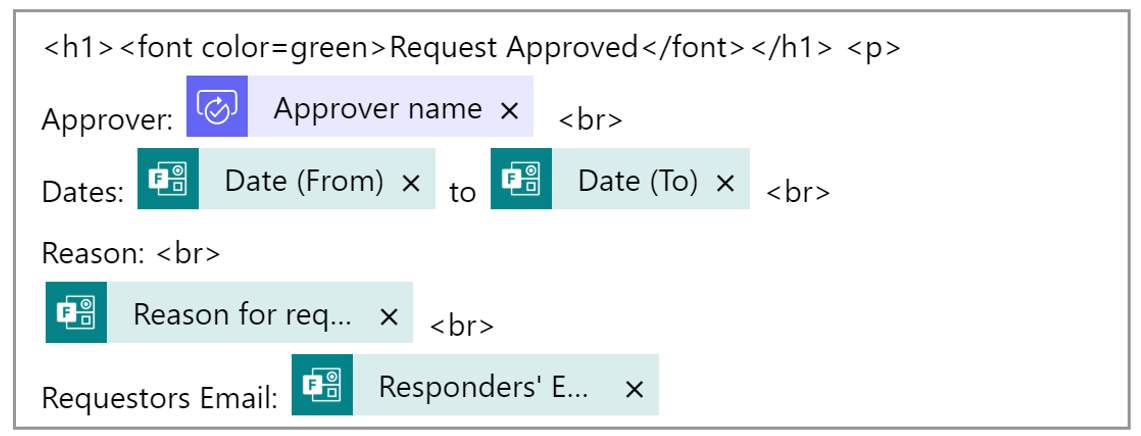

 I thought I would share some initial thoughts following day one of JISC DigiFest. The event was launched with a very polished and professional pre-prepared video displayed on screens scattered around the events main hall, focussing on the rate of change in relation to technology and some of the technological implications of technology on the world we live in. The launch session also included a room height “virtual” event guide introducing the sessions and pointing you in the direction of the appropriate hall. In terms of the launch of a conference this was the most polished and inspiring launch I have seen albeit on reflection there wasn’t much particularly innovative or technically complex about it.
I thought I would share some initial thoughts following day one of JISC DigiFest. The event was launched with a very polished and professional pre-prepared video displayed on screens scattered around the events main hall, focussing on the rate of change in relation to technology and some of the technological implications of technology on the world we live in. The launch session also included a room height “virtual” event guide introducing the sessions and pointing you in the direction of the appropriate hall. In terms of the launch of a conference this was the most polished and inspiring launch I have seen albeit on reflection there wasn’t much particularly innovative or technically complex about it.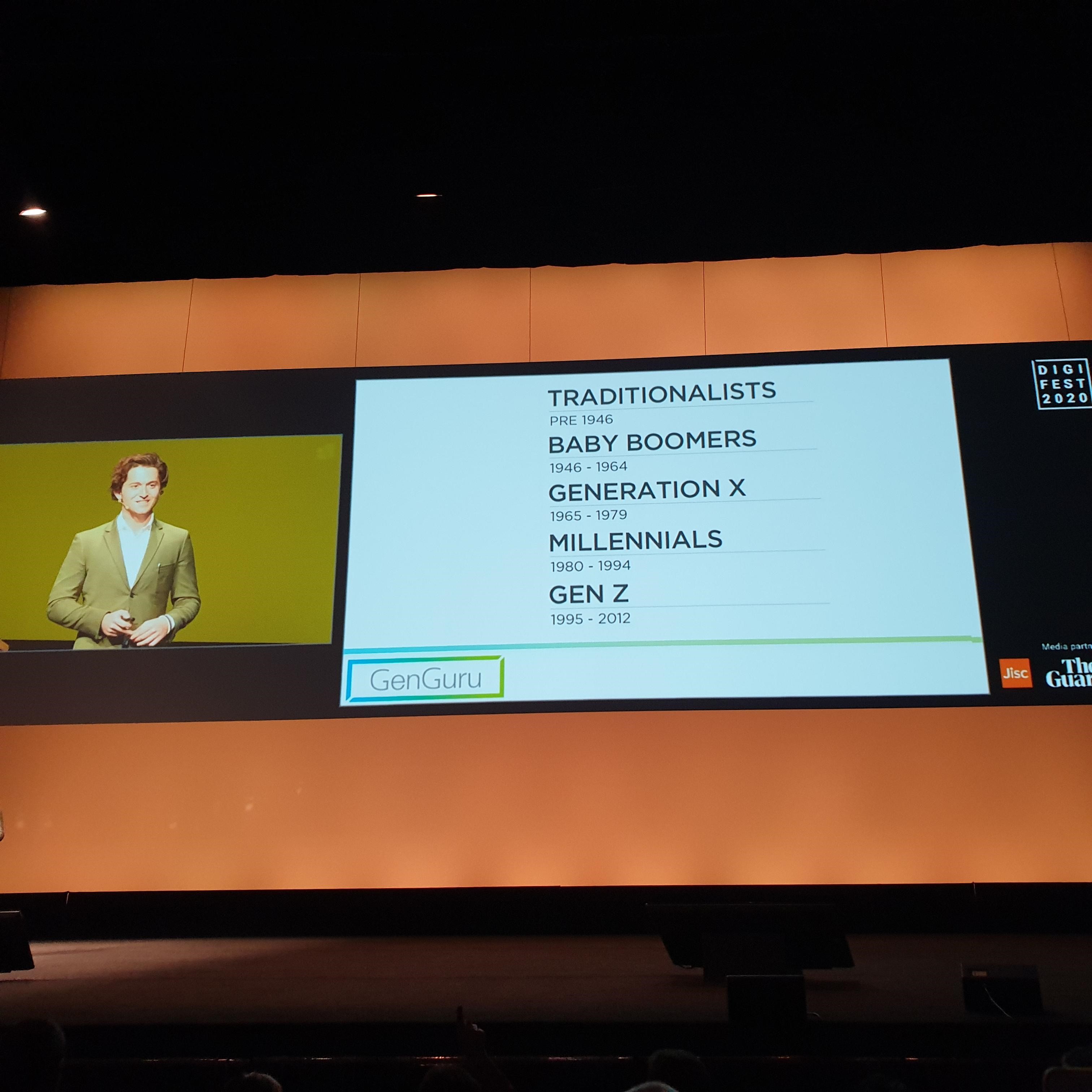 The keynote speaker addressed the changing viewpoints of different generations of people focussing particularly on Generation Z, the generation which currently are in our sixth forms, colleges and universities. I took away two key points from the presentation. The first was how each generations views were shaped by their experiences particularly between the ages of 12 and 20 year old. Jonah Stillman used thoughts on space as an example showing how Generation X might have positive views focussing on the successes of the moon landing whereas Millennials may have a more cynical view following the Challenger disaster. Additionally, Jonah mentioned movies as a social influencer and how those in the Harry Potter generation may view cooperation and trying hard, even where unsuccessful, in a positive manner. Those born later than this may draw on another series of films, in the hunger games, resulting in a greater tendency towards competition and the need to succeed in line with the movies storyline of everyone for themselves and failure results in death. The second take away point from the session resulted from the questioning at the end of the session around what some saw as the absoluteness of the boundaries between generations. I think Jonah’s use of the word “tendency” addressed this concern in that the purpose of the labels was for simplicity and to indicate a general trend and tendency rather than to suggest that all people born on certain dates exhibited a certain trait. It increasing concerns me that this argument keeps coming up when surely it is clear that there is a need to use simplistic models to help clarity of explanation and that no model, not matter how complex will ever truly capture the real complexity of the world we live in.
The keynote speaker addressed the changing viewpoints of different generations of people focussing particularly on Generation Z, the generation which currently are in our sixth forms, colleges and universities. I took away two key points from the presentation. The first was how each generations views were shaped by their experiences particularly between the ages of 12 and 20 year old. Jonah Stillman used thoughts on space as an example showing how Generation X might have positive views focussing on the successes of the moon landing whereas Millennials may have a more cynical view following the Challenger disaster. Additionally, Jonah mentioned movies as a social influencer and how those in the Harry Potter generation may view cooperation and trying hard, even where unsuccessful, in a positive manner. Those born later than this may draw on another series of films, in the hunger games, resulting in a greater tendency towards competition and the need to succeed in line with the movies storyline of everyone for themselves and failure results in death. The second take away point from the session resulted from the questioning at the end of the session around what some saw as the absoluteness of the boundaries between generations. I think Jonah’s use of the word “tendency” addressed this concern in that the purpose of the labels was for simplicity and to indicate a general trend and tendency rather than to suggest that all people born on certain dates exhibited a certain trait. It increasing concerns me that this argument keeps coming up when surely it is clear that there is a need to use simplistic models to help clarity of explanation and that no model, not matter how complex will ever truly capture the real complexity of the world we live in.


















 Cyber security has very much adopted a “not if, but when” mentality to signify the need for a risk management approach in relation to cyber security risks as opposed to the older compliance driven approach. It is my belief that we also need to take a similar approach when it comes to online safeguarding of students.
Cyber security has very much adopted a “not if, but when” mentality to signify the need for a risk management approach in relation to cyber security risks as opposed to the older compliance driven approach. It is my belief that we also need to take a similar approach when it comes to online safeguarding of students. Not so long ago I read of a discussion in relation to whether the GCSE English Language should be scrapped. Part of the reasoning behind this is identified as being due to the subject identifying a third of students as having failed. As a headline I think it is difficult to disagree with. How can identifying a third of students as having failed be an acceptable thing to do. On reflection my view is that this issue is less about English Language subject and more about the educational system as it is now and as it has been for over one hundred years.
Not so long ago I read of a discussion in relation to whether the GCSE English Language should be scrapped. Part of the reasoning behind this is identified as being due to the subject identifying a third of students as having failed. As a headline I think it is difficult to disagree with. How can identifying a third of students as having failed be an acceptable thing to do. On reflection my view is that this issue is less about English Language subject and more about the educational system as it is now and as it has been for over one hundred years. A little bit of a technology post today: Backups including redundant solutions are increasingly important in organisations as we seek to keep our IT services up and running for our own internal users and also for external users or clients/customers. This might be taking backup copies of data to tapes, having a redundant firewall or internet connection or having a cloud-based service available to replicate on-premise services in the event of a disaster. My concern however is that we can feel better for having these solutions in place happy in the knowledge that we are better off and more protected than if we don’t have them. The issue is that this sense of additional protection is false. Just by having a backup solution of one type of another doesn’t mean that it will work when things go wrong. We also need to be cognisant of the fact that when things do go wrong the result is often one of stress and urgency as we seek to restore services while under pressure from users, business leaders and process owners among others. We need to adopt a scientific mindset and test the backup solution to make sure it works as intended. It is much better to test our backup solutions to a timetabled plan than having the first test of a solution being a full blown real life incident where failure of the system could result in difficulties for the organisation. We also need to bear in mind that just because it works on the day the solution was put in place, or even works today doesn’t mean it will work in a weeks or months’ time, or in a years’ time when we truly need it. We need to have a robust programme of testing our backup solutions to ensure that they work, that we are aware of how they work and any implications and that those who need to use them are comfortable with their use. Only by doing this can we be more comfortable in the knowledge that, when something does go wrong, we have a solution in place and are ready to put it to use.
A little bit of a technology post today: Backups including redundant solutions are increasingly important in organisations as we seek to keep our IT services up and running for our own internal users and also for external users or clients/customers. This might be taking backup copies of data to tapes, having a redundant firewall or internet connection or having a cloud-based service available to replicate on-premise services in the event of a disaster. My concern however is that we can feel better for having these solutions in place happy in the knowledge that we are better off and more protected than if we don’t have them. The issue is that this sense of additional protection is false. Just by having a backup solution of one type of another doesn’t mean that it will work when things go wrong. We also need to be cognisant of the fact that when things do go wrong the result is often one of stress and urgency as we seek to restore services while under pressure from users, business leaders and process owners among others. We need to adopt a scientific mindset and test the backup solution to make sure it works as intended. It is much better to test our backup solutions to a timetabled plan than having the first test of a solution being a full blown real life incident where failure of the system could result in difficulties for the organisation. We also need to bear in mind that just because it works on the day the solution was put in place, or even works today doesn’t mean it will work in a weeks or months’ time, or in a years’ time when we truly need it. We need to have a robust programme of testing our backup solutions to ensure that they work, that we are aware of how they work and any implications and that those who need to use them are comfortable with their use. Only by doing this can we be more comfortable in the knowledge that, when something does go wrong, we have a solution in place and are ready to put it to use. The perfect example of the above, for me, was a recent test of our own backup solutions which included a service which indicated that recovery to a redundant system would be complete in 4 hours plus would be based on data backup taken regularly. Upon testing the solution we found that the 4 hours recovery period was exceeded due to issues with the backup and the data was 3 days old. We also found that there were implications for other systems when the test failure occurred.
The perfect example of the above, for me, was a recent test of our own backup solutions which included a service which indicated that recovery to a redundant system would be complete in 4 hours plus would be based on data backup taken regularly. Upon testing the solution we found that the 4 hours recovery period was exceeded due to issues with the backup and the data was 3 days old. We also found that there were implications for other systems when the test failure occurred.